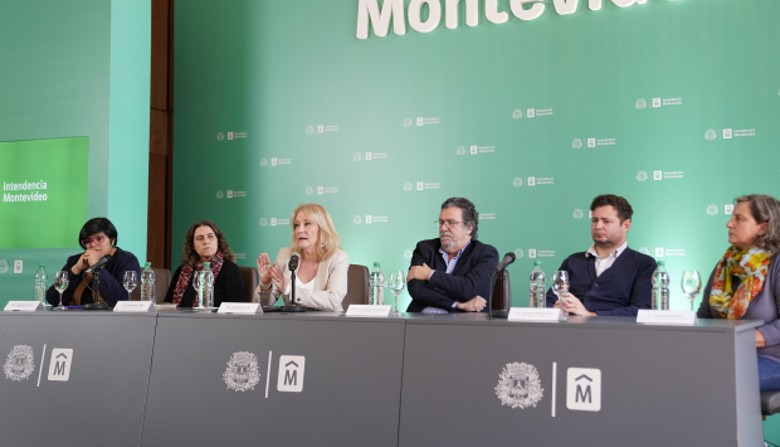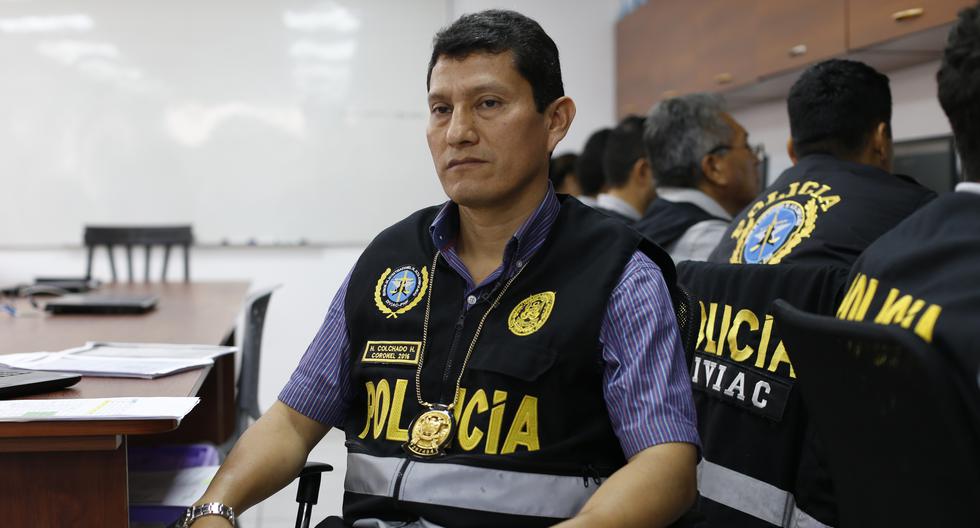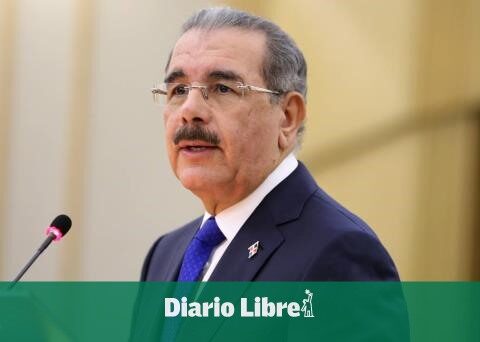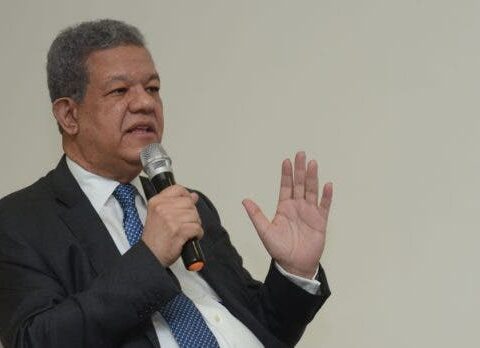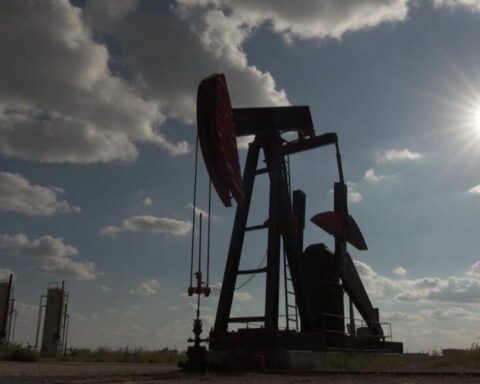Paris. The public subsidies to fossil fuels They almost doubled in 2021 compared to the previous year, according to the IEA and the OECD, which consider them ineffective and ask that this money be dedicated to alternatives that do not generate emissions that cause climate change.
In a study that collects data from 51 countries published this Monday, the Organization for Economic Cooperation and Development (OECD) and the International Energy Agency (IEA) put public aid for these fossil fuels at 697.2 billion dollars in the past year, compared to 362.4 billion in 2020.
In relative terms, the largest increase in subsidies was for electricity generated with fossil fuels, with 209.3 billion dollars in 2021, which means multiplying by 2.65 those of the previous year.
In the case of gas, public aid was multiplied by 2.48 to 166,000 million.
The progression was less pronounced for oil, 54%, although it was the fossil fuel that absorbed the most money, 302,000 million dollars.
This evolution is directly related to the rise in energy prices that occurred last year. As that increase has continued and has even accelerated in 2022, the OECD and the IEA anticipate a further increase in subsidies.
Read more: Fuel prices remain unchanged
The director general of the OECD, Mathias Cormann, warned that the significant increases in subsidies what they do is favor the consumption of these emission-generating fuels “without necessarily helping low-income families.”
For this reason, he proposed replacing them with “measures that protect consumers from the extreme impacts of fluctuations in market forces and geopolitical forces and that allow us both to maintain the line of carbon neutrality, guarantee energy security and maintain energy at affordable prices.
With the same position, the executive director of the IEA, Fatih Birol, stressed that “fossil fuel subsidies are an obstacle to the emergence of a more sustainable future.”
In his opinion, “increasing investment in clean technologies and infrastructure is the only sustainable solution to the current global energy crisis and the best way to reduce consumer exposure to high fuel costs.”


